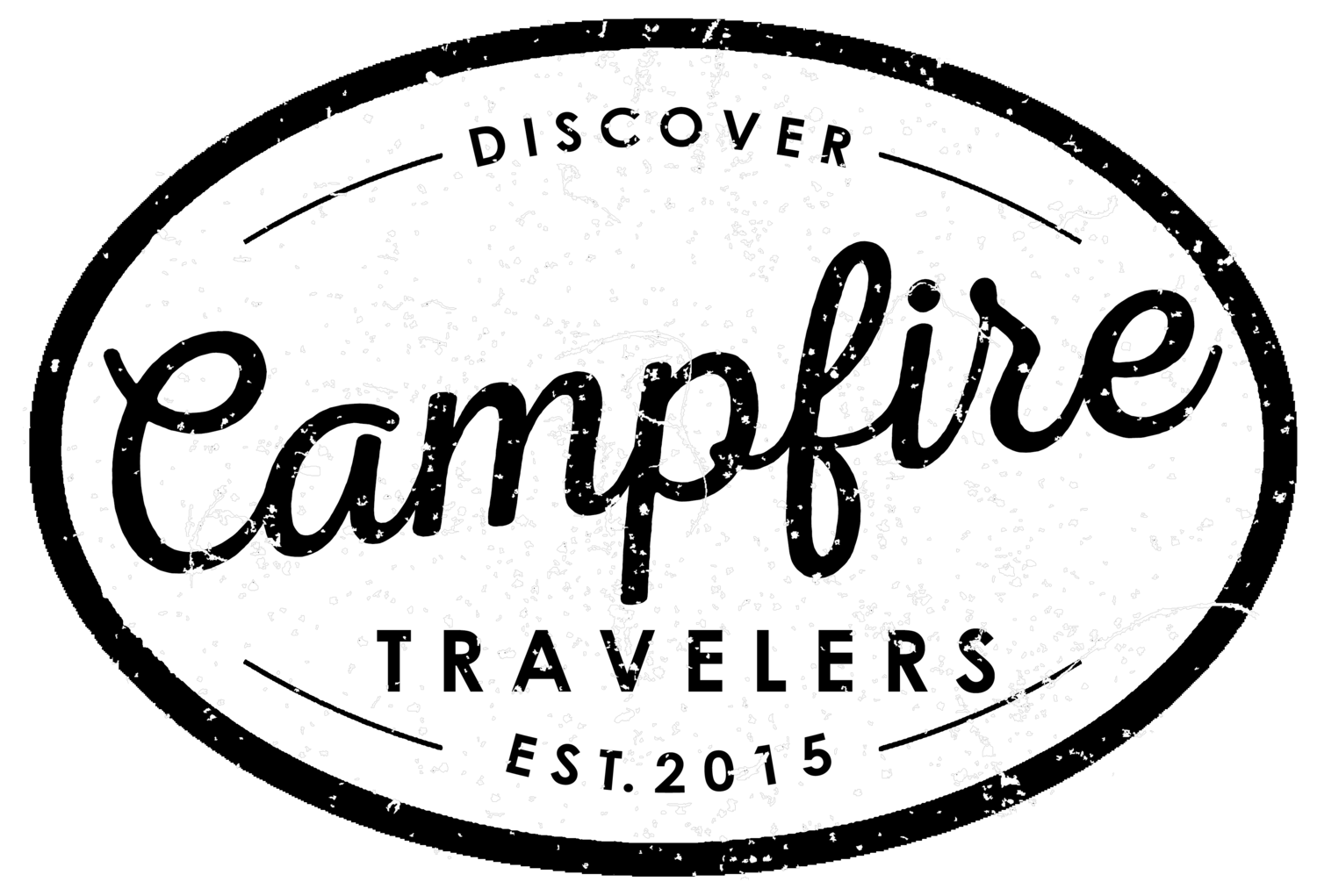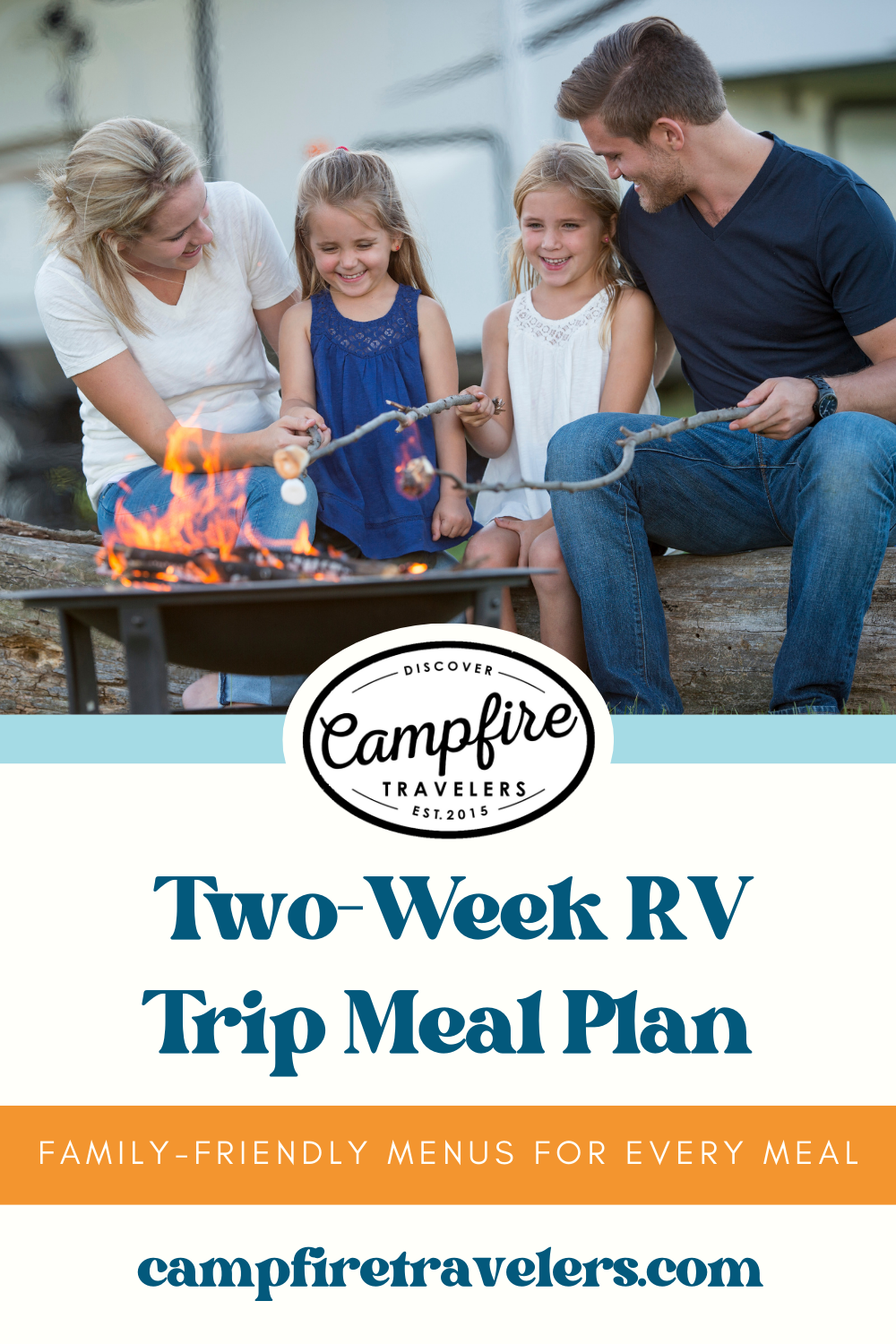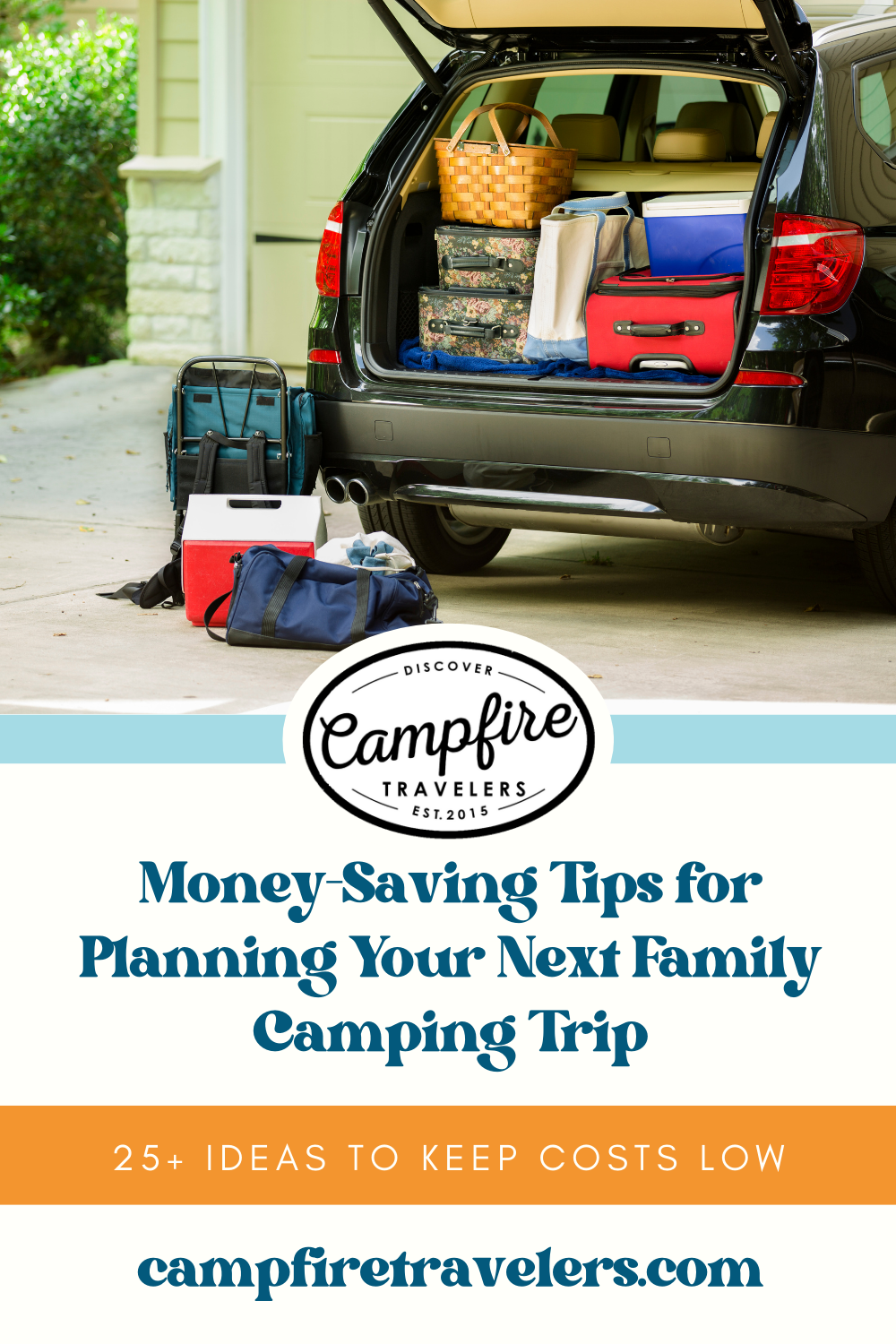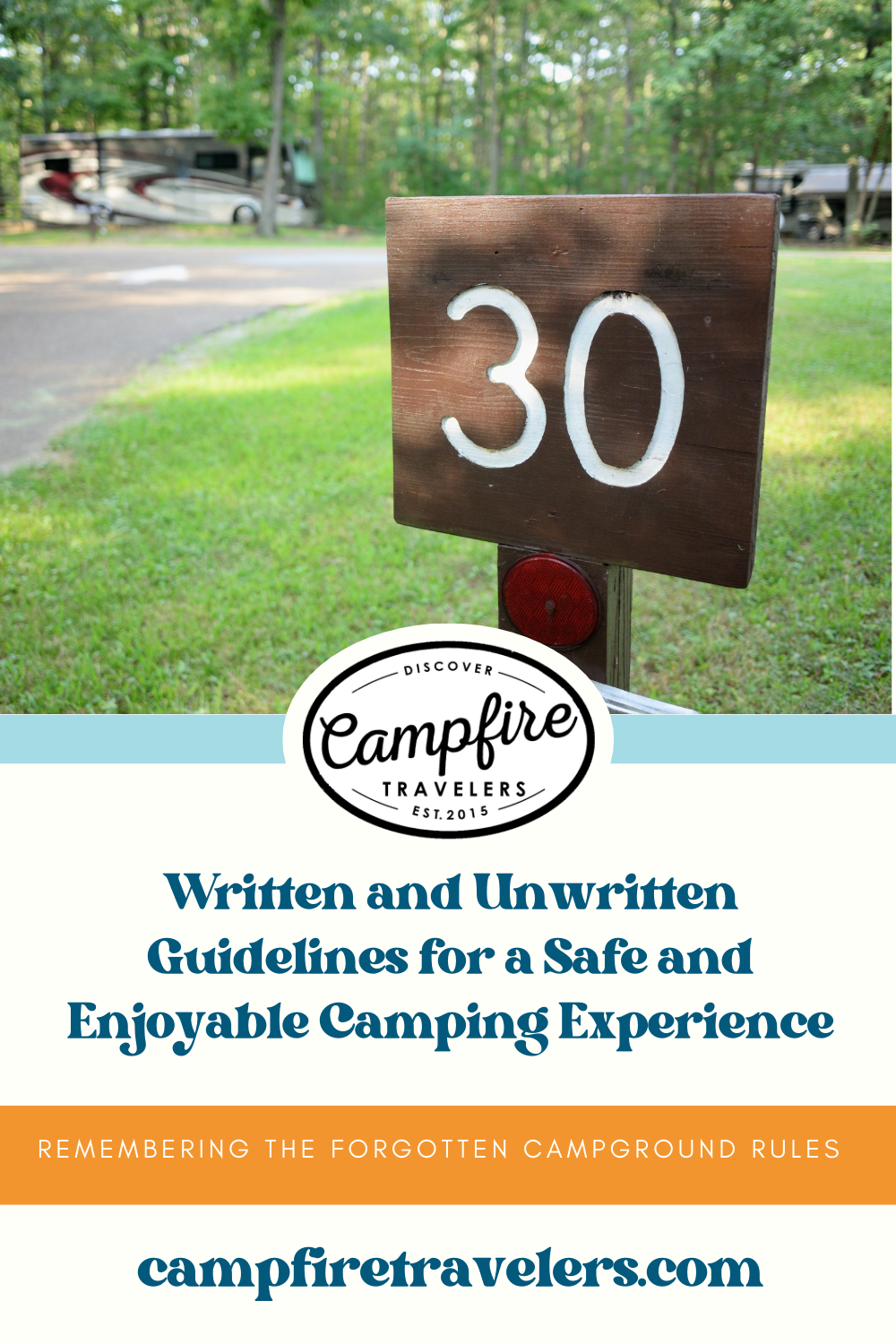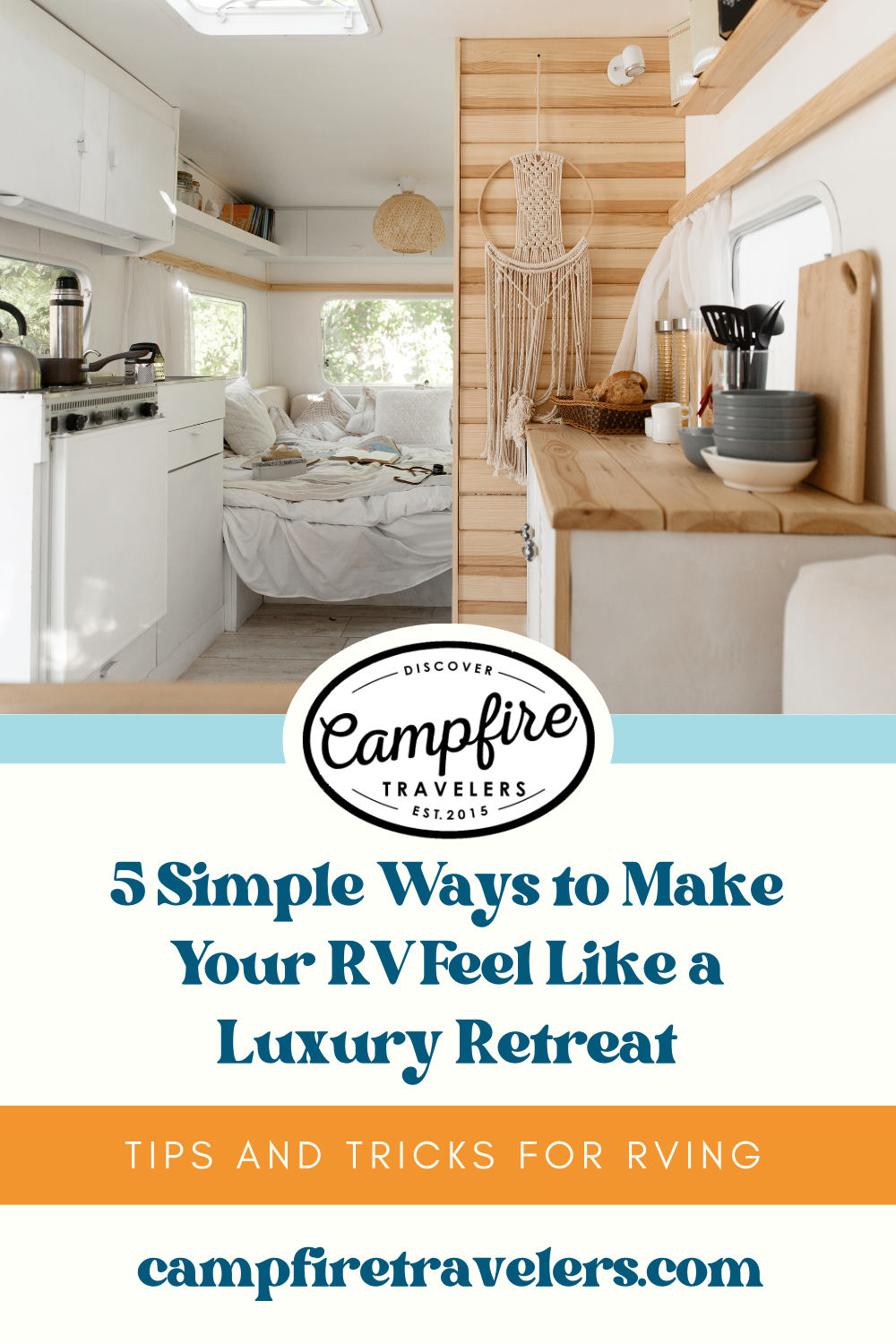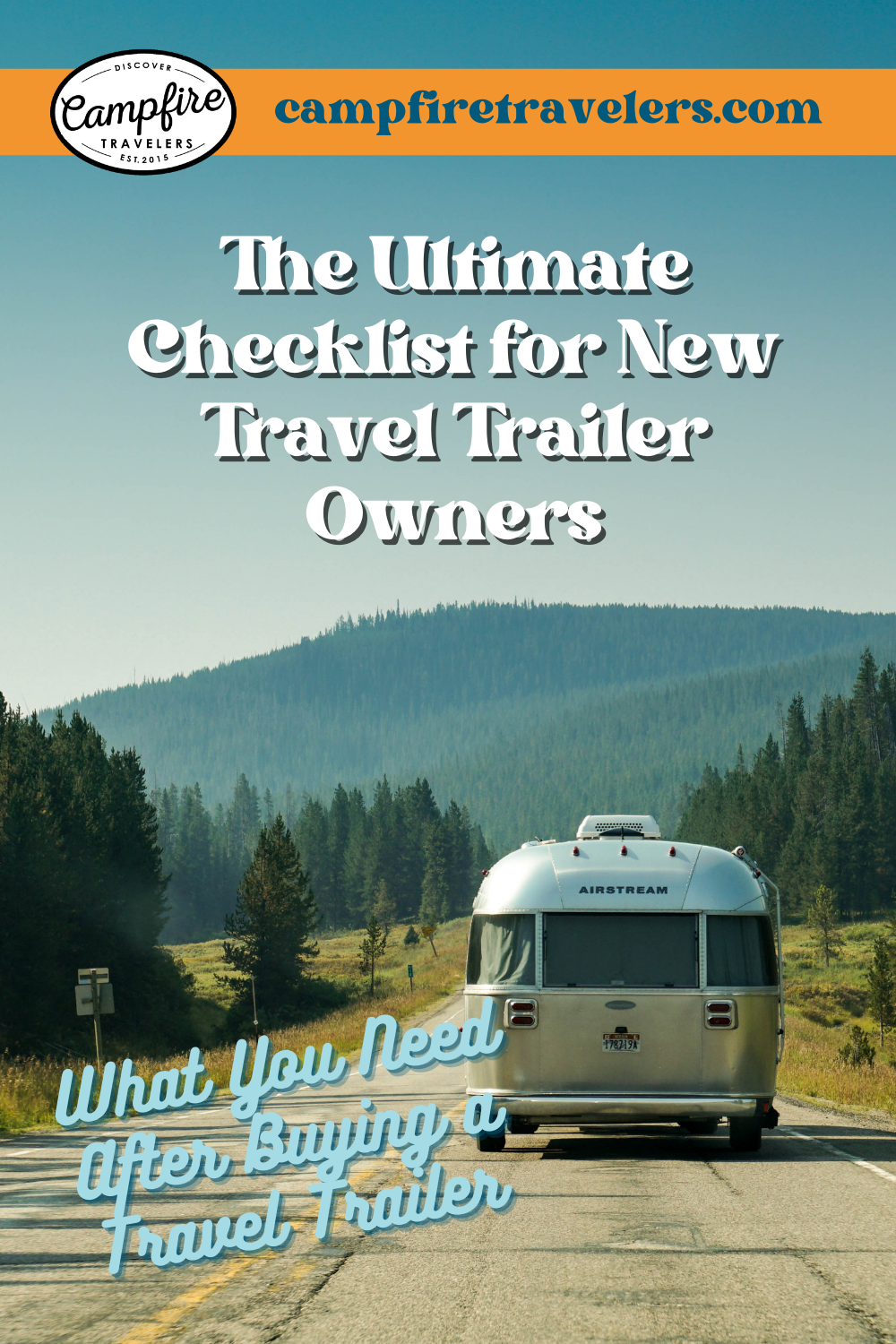The Ultimate Checklist for New Travel Trailer Owners: What You Need After Buying a Travel Trailer
If you've recently purchased a travel trailer, congratulations! You're about to embark on a fun and exciting adventure. But before you hit the road, there are a few things you'll need to ensure a safe and comfortable trip. Here's a guide to everything you'll need after buying a travel trailer.
Insurance - First and foremost, you'll need insurance for your travel trailer. Your truck insurance may not cover your travel trailer, so it's important to check with your insurance provider and make sure you have the appropriate coverage. Some companies offer specialized insurance for recreational vehicles, so it's worth shopping around for the best deal.
Maps and navigation tools - An RV-specific GPS device or app can help you navigate unfamiliar roads and find the best routes for your rig. These devices often have features such as custom route planning, height and weight restrictions, and points of interest for RVers. It's also a good idea to bring a map or atlas with you when you're traveling with a travel trailer. You never know when you might lose your cell signal or encounter a road closure. It's also a good idea to have a backup navigation tool, such as a printed set of directions.
Hitch and towing equipment - If you plan to tow your travel trailer with your vehicle, you'll need a hitch and towing equipment. The type of hitch you need will depend on the size and weight of your trailer, so be sure to consult your owner's manual and choose a hitch that's rated for your trailer's weight. You'll also need a ball mount, safety chains, and a brake controller. Make sure everything is installed correctly and that your vehicle is rated for towing your trailer.
Leveling blocks - Once you've parked your travel trailer, you'll need to make sure it's level. Leveling blocks are essential for this task, as they allow you to raise one side of the trailer or the other as needed. You can purchase leveling blocks at most RV supply stores, or you can make your own from wood or plastic.
Wheel chocks - Wheel chocks are another important safety item. They prevent your trailer from rolling away when it's parked, which can be especially important if you're parked on an incline. Make sure you have wheel chocks for both sides of the trailer and that they're placed securely against the tires.
Water hoses and filters - Unless you plan to rely entirely on your trailer's fresh water tank, you'll need to connect to a water source at your campsite. You'll need a potable water hose that's designated for drinking water and a water filter to remove impurities and sediment. It's also a necessary to bring a second hose for non-potable water, such as for washing dishes or flushing the toilet.
Sewer hose and connectors - Just as you'll need to connect to a water source, you'll also need to connect to a sewer hookup at your campsite. A sewer hose and connectors are essential for this task. Make sure the hose is the correct length for your needs and that you have the appropriate connectors to attach it to the sewer hookup and your trailer's waste tank.
Electrical cords and adapters - Your travel trailer will likely have an electrical hookup that allows you to connect to shore power at your campsite. You'll need an electrical cord that's rated for your trailer's amperage and length, as well as any necessary adapters to connect to different types of electrical outlets.
Surge protector - A surge protector can help protect your travel trailer's electrical system from damage caused by power surges or other electrical problems. This is especially important if you plan to use your travel trailer at RV parks or other locations with electrical hookups.
Propane tanks and regulator - Most travel trailers use propane for cooking, heating, and hot water. You'll need to have propane tanks that are filled and properly secured to your trailer. You'll also need a propane regulator to control the flow of propane from the tank to your appliances. Be sure to check your propane tanks regularly and replace them when they're empty.
Kitchen pantry staples - You'll want to stock your travel trailer with all the supplies you need for cooking like spices, oils, vinegar, marinades, non-stick cooking spray, and of course salt and pepper. If you’ll be baking in your new travel trailer don’t forget things like flour, sugar, and butter.
Dishware and silverware - You'll need plates, bowls, cups, and utensils for eating and drinking at camp. Look for durable options that won't break easily and that are the right size for your space.
Dish soap and sponges - To keep your dishes clean, you'll need dish soap and sponges in your travel trailer kitchen. Look for a soap that is gentle on your skin and sponges that are easy to clean and store.
Trash can and liners - A trash can and liners can help keep your kitchen area clean and tidy. Look for a can that is the right size for your space and that has a lid to contain odors.
Cookware and bakeware - If you plan to cook, you'll need some basic cookware and bakeware, such as pots and pans, a baking sheet, and a muffin tin. Look for items that are lightweight and stackable to save space in your RV's cabinets.
Kitchen utensils - You'll also need some basic kitchen utensils, such as spatulas, ladles, and serving spoons. Be sure to choose utensils that are heat-resistant and easy to clean.
Cutting board and knives - A cutting board and a set of knives can help you prepare meals in your RV. Look for a cutting board that fits in your kitchen area and knives that are sharp and durable.
Coffee maker - If you're a coffee drinker, a coffee maker can be a lifesaver on a long RV trip. Look for a compact and lightweight option that fits in your new kitchen area.
Bathroom supplies from home - You'll need bathroom supplies including toiletries like shampoo, conditioner, body wash or soap, a razor, shaving cream, lotion, OTC medicines, bug spray, and sunscreen are a good place to start.
Plenty of towels - It’s a good idea to get a full set of bath and hand towels, plus washcloths and beach towels for everyone that will be using your new travel trailer on a regular basis.
Showerhead and hose - Many RVs come with a basic showerhead, but you might want to upgrade to a higher-quality one for a better shower experience. Look for a showerhead with adjustable settings and a longer hose for more flexibility.
Shower curtain and liner - To keep water from splashing all over your bathroom, you'll need a shower curtain and liner. Be sure to choose a curtain and liner that are the right size for your RV's shower area.
Bath mat - A bath mat can help prevent slips and falls in your RV's bathroom, especially if your shower floor is slick. Look for a mat that is designed to be used in an RV, as it will likely be more lightweight and easy to clean.
Toilet chemicals To keep your RV's toilet clean and odor-free, you'll need to use special chemicals designed for use in RVs. These chemicals can help break down waste and prevent clogs in your black water tank.
Hand soap and towels - Just like in a regular bathroom, you'll need hand soap and towels in your RV's bathroom. Choose a soap that is gentle on your skin and towels that are absorbent and quick-drying.
Trash can and liners - A small trash can and liners can help keep your bathroom clean and tidy. Be sure to choose a can that is the right size for your space and that has a lid to contain odors.
RV-friendly toilet paper - Using regular toilet paper in your travel trailer can cause clogs in your black water tank, which can lead to messy and expensive repairs. To avoid this problem, be sure to buy RV-specific toilet paper that is designed to dissolve quickly and easily.
First aid kit - Accidents can happen anywhere, and having a first aid kit on hand can help you deal with minor injuries and illnesses while you're on the road. Be sure to stock your first aid kit with bandages, antiseptic ointment, pain relievers, and any other supplies you might need.
Clothes storage - You'll need some storage space for your clothes in your travel trailer's bedroom. Look for lightweight and stackable options that fit in your space, such as plastic bins or hanging organizers.
Bedding and linens - One of the great things about a travel trailer is that you can bring your own bedding and linens, which can help make your trip more comfortable. Bring sheets, blankets, and pillows for your beds. Be sure to choose bedding that is the right size for your RV-size mattress.
Extra linens - Consider bringing an extra blanket or two, as well as some throw pillows, to make your trailer feel more like home.
Storage organizers - To keep your bedroom area tidy, you'll need some storage organizers, such as hanging organizers or under-bed storage containers. Look for options that fit in your space and that are easy to access.
Personal items - Don't forget to bring personal items that will make your trip more enjoyable. This might include books, games, or DVDs for entertainment, as well as snacks and drinks for the road. You may also want to bring a camera or binoculars to take in the scenery.
Additional furniture - Many travel trailers come with some basic furniture, such as a dinette or sofa, but you may want to add more to make your living room area more comfortable. Look for lightweight and compact furniture that fits in your space and is easy to move.
Decorative items - To personalize your RV's living room, you may want to add some decorative items, such as throw pillows, wall art, or area rugs. Look for items that are lightweight and easy to store when you're on the road.
Sound system - To enhance your TV and movie viewing experience, you may want to add a soundbar. Look for options that are compact and easy to install.
Lighting - To create a cozy atmosphere in your new living room, you may need some lighting options, such as small table lamps. Look for options that are energy-efficient and match the decor of your trailer.
Roadside assistance membership - Even if you're a skilled mechanic, it's always possible that your travel trailer could break down on the road. A roadside assistance membership can provide peace of mind by providing emergency towing and repair services if you need them.
Extra fire extinguishers - A fire extinguisher is an essential safety item for any travel trailer. Be sure to choose an extinguisher that is rated for Class A, B, and C fires, which can be caused by wood, gasoline, and electrical sources, respectively.
Tools and spare parts - It's always a good idea to have some basic tools and spare parts on hand when you're traveling with a travel trailer. You never know when something might break or need repair. Some essential tools include a multi-tool, pliers, screwdrivers, and a wrench. You should also consider bringing spare fuses, light bulbs, and other parts that are specific to your trailer.
Headlamp - A headlamp can be useful for a variety of tasks, such as setting up camp in the dark, cooking outdoors, or taking a nighttime hike. Or in the case of a power outage or emergency situation. Make sure you have plenty of batteries on had as well.
Outdoor gear - Don't forget to bring some outdoor gear for your trip! This might include camp chairs, a portable grill, and a cooler for drinks and snacks. You may also want to bring bikes or other outdoor toys, depending on your destination. Just be sure to pack everything securely so it doesn't move around while you're on the road.
RV-specific cleaning supplies - Regular cleaning supplies may not be safe to use on your travel trailer's interior or exterior. Look for cleaning products that are specifically designed for use on RVs to avoid damaging your trailer's surfaces.
Portable generator - If you plan to camp in areas without electrical hookups, a portable generator can provide power for your travel trailer's appliances and other electrical devices. Be sure to choose a generator that is rated for the amount of power you'll need, and be sure to follow all safety precautions when using it.
In conclusion, there are many things you'll need after buying a travel trailer, from insurance and hitch equipment to kitchen supplies and personal items. By taking the time to stock up on everything you need, you'll be able to enjoy a safe and comfortable trip with your new travel trailer. Happy trails!
Looking for more RV and travel trailer tips?
SAVE this for later!
SHARE this with a friend!
